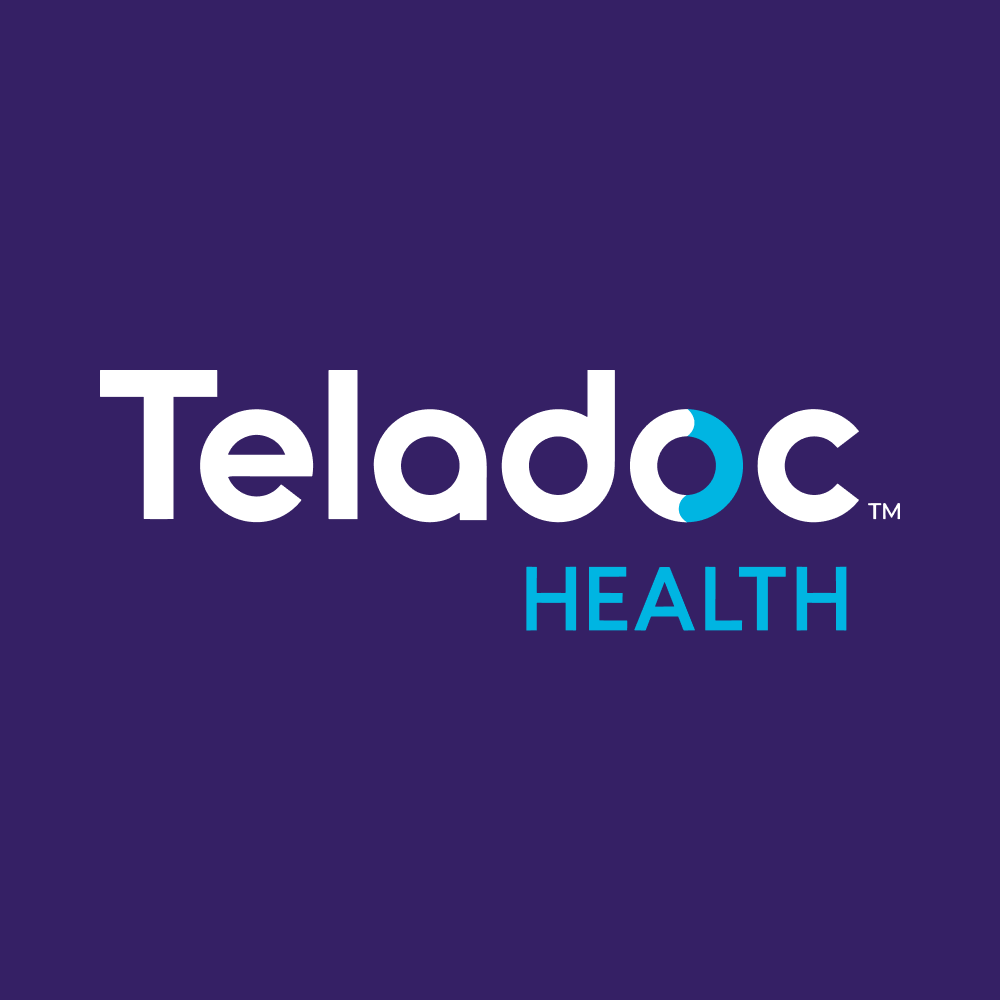Advertisement|Remove ads.
Why Is Eli Lilly’s Stock Slipping Premarket?

Eli Lilly shares fell 0.6% in premarket trading on Wednesday as safety concerns tied to its rheumatoid arthritis drug peresolimab and mixed results from its obesity pill candidate orforglipron weighed on investor appetite.
In the 72-week ATTAIN-1 study, orforglipron met its main goal of superior weight reduction over placebo across all three tested doses. Patients on the highest 36 mg dose lost an average of 27.3 pounds, or 12.4% of their body weight, compared with just 2.2 pounds, or 0.9%, on placebo. Almost six in ten people shed at least 10% of their weight, and about four in ten lost 15% or more.
Among the 1,127 participants with prediabetes at enrollment, up to 91% of those on treatment achieved near-normal blood sugar levels at 72 weeks, compared with 42% on placebo. The trial also showed improvements in waist circumference, cholesterol, triglycerides, blood pressure, and inflammation markers. However, weight loss plateaued for most patients. Researchers noted that despite the 72-week duration, weight reduction was not greater than in the prior Phase 2 trial, possibly due to differences in trial design, including greater geographic diversity and a higher proportion of male participants.
The main side effects were mild-to-moderate stomach issues such as nausea, constipation, diarrhea and vomiting, with between 5.3% and 10.3% of patients stopping treatment, compared with 2.7% on placebo. No liver safety signals were seen.
Orforglipron, licensed from Chugai in 2018, is also in late-stage studies for type 2 diabetes, sleep apnea and hypertension. Lilly said more than 4,500 people are enrolled in its Phase 3 ATTAIN program and that a filing in diabetes is planned for 2026.
TD Cowen Downplays Peresolimab Reaction
Separately, TD Cowen analysts said Tuesday that the market reaction to Eli Lilly’s peresolimab data “seems excessive,” noting that AnaptysBio’s rival PD-1 agonist rosnilimab has reported no malignancies in any of its trials.
Lilly halted development of peresolimab, an experimental PD-1 agonist for rheumatoid arthritis, after a Phase IIb study raised safety concerns. While the drug was superior to placebo at week 12 across several key endpoints, its efficacy was not clearly differentiated from existing therapies.
In addition, malignancies were reported in patients receiving peresolimab, including two cases in each of the 1,000 mg and 400 mg dose groups through week 12, and four more cases by week 60, compared with none in the placebo arm.
Reports of possible major cardiovascular events also weighed on the program’s benefit–risk profile and contributed to the decision to stop development.
On Stocktwits, retail sentiment for Lilly was ‘bearish’ amid ‘low’ message volume.
Lilly’s stock has declined 0.4% so far in 2025.
For updates and corrections, email newsroom[at]stocktwits[dot]com.













/filters:format(webp)https://news.stocktwits-cdn.com/large_uniqure_jpg_33b6552285.webp)
/filters:format(webp)https://st-everywhere-cms-prod.s3.us-east-1.amazonaws.com/unnamed_jpg_9dff551b50.webp)
/filters:format(webp)https://news.stocktwits-cdn.com/large_Trending_stock_chart_jpg_3ff1b3a682.webp)
/filters:format(webp)https://news.stocktwits-cdn.com/vivekkrishnanphotography_58_jpg_0e45f66a62.webp)
/filters:format(webp)https://news.stocktwits-cdn.com/large_Getty_Images_2228107699_jpg_f433126e50.webp)
/filters:format(webp)https://news.stocktwits-cdn.com/Getty_Images_2227347233_jpg_00e33be418.webp)
/filters:format(webp)https://news.stocktwits-cdn.com/large_Getty_Images_2239275331_jpg_81be89c46a.webp)
/filters:format(webp)https://news.stocktwits-cdn.com/Getty_Images_2166957713_jpg_a9ada70a7b.webp)
/filters:format(webp)https://news.stocktwits-cdn.com/shivani_photo_jpg_dd6e01afa4.webp)